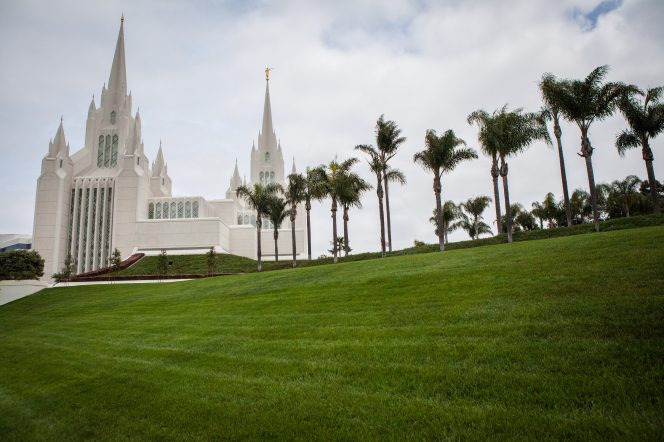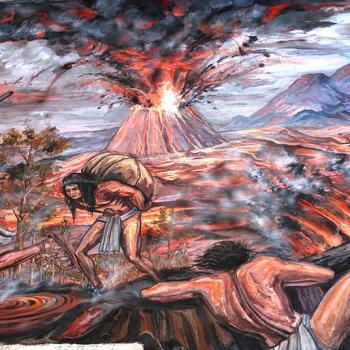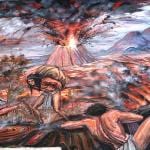
This earth is not our home. We are away at school, trying to master the lessons of “the great plan of happiness” so we can return home and know what it means to be there. Over and over the Lord tells us why the plan is worth our sacrifice – and His. Eve called it “the joy of our redemption.” Jacob called it “that happiness which is prepared for the saints.” Of necessity, the plan is full of thorns and tears – His and ours. But because He and we are so totally in this together, our being “at one” with Him in overcoming all opposition will itself bring us “incomprehensible joy.”
Elder Bruce C. Hafen
Our birth is but a sleep and a forgetting;
The Soul that rises with us, our life’s Star,
Hath had elsewhere its setting
And cometh from afar;
Not in entire forgetfulness,
And not in utter nakedness,
But trailing clouds of glory do we come
From God, who is our home:
William Wordsworth
“Ode on Intimations of Immortality”
***
As I write, I’m intending to head over shortly to begin preparations for tonight’s event with Royal Skousen and Stanford Carmack. One never knows in advance, of course, but I hope that we have a respectable audience. For one thing, it’s a really interesting and important topic:
“Celebrating Two New Books in the Book of Mormon Critical Text Project”
***
I appreciated this appreciation:
***
More than a few, I hope and think, will find this useful:
“Michael Heiser discusses common Exegetical Fallacies”
***
There’s more to the world, of course, than scholarship:
“Latter-day Saints in North Carolina Serve Neighbors Following Hurricane Florence”
“‘Choose to Stay’: New Video Gives Hope to Those Considering Suicide”
““With All Diligence”: Stories of the Saints in the DR Congo, Part 4”
I have no idea at all whether this is true. But I hope it is:
***
Does religion cause harm? Would we be better off without it? Here’s one test of such claims:
“Religious Trump Voters: How Faith Moderates Attitudes about Immigration, Race, and Identity”
***
If you’re not really aware of the fact, yet, that serious religious believers are “strangers and pilgrims” in contemporary society — or, as the prominent Protestant theologian, ethicist, and public intellectual Stanley Hauerwas, long associated with Duke University, has labeled modern Christians, “resident aliens” — consider this:
“Breaking news: Brett Kavanaugh uses the V-word, which used to be OK for Catholics”












